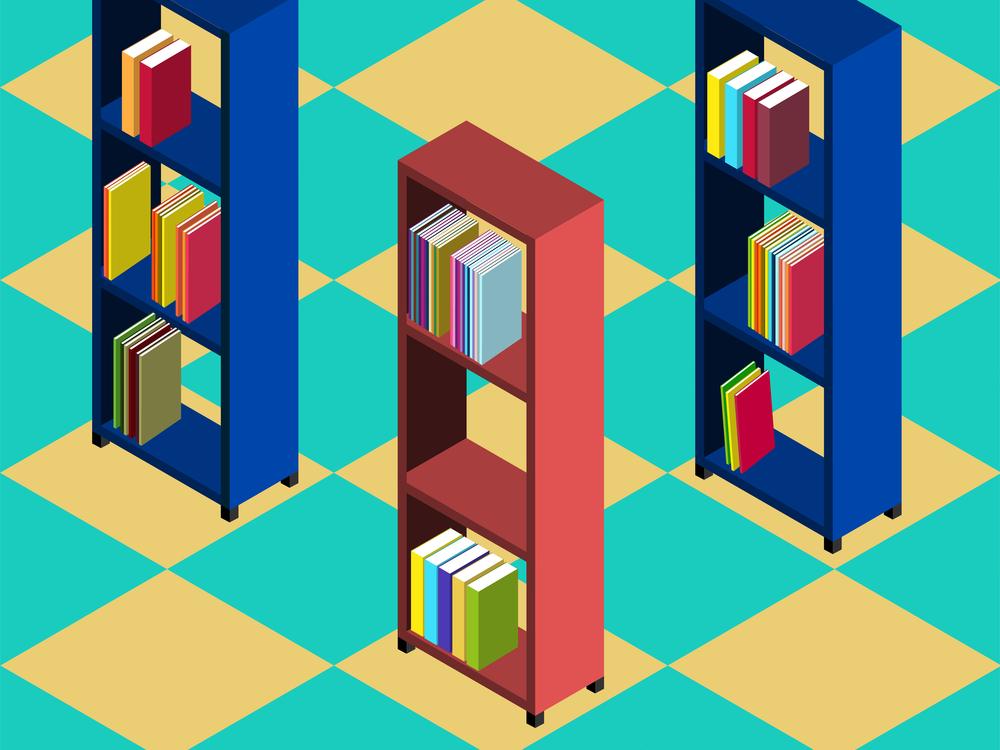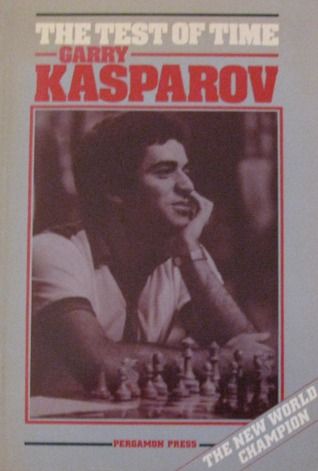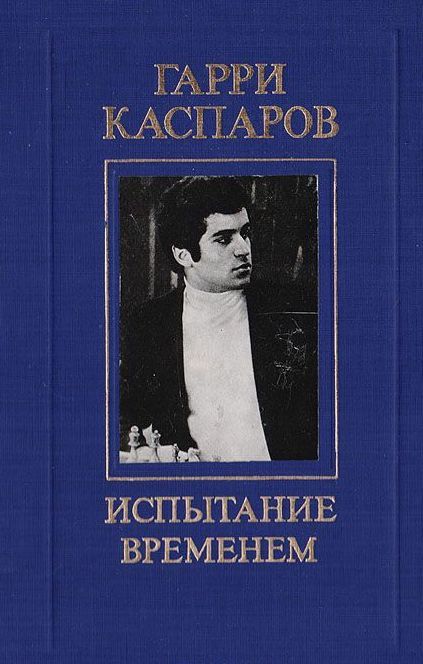
Do You Have This Amazing Chess Book?
The year was 1985 and I was playing a tournament where I had an opportunity to get my first master norm. At that time, tournaments with master norms were very scarce in the Soviet Union. In fact, we had only one such tournament per year in my home city of Tashkent, so it was definitely the chess event of the year for me.
As it turned out, I wasn't strong enough for this kind of a competition, so my final result was very modest. Nevertheless, the experience there was invaluable.
On a free day, one of the participants from Baku was selling a newly printed book by Garry Kasparov: The Test of Time.

Since it was published by the local publisher, it was practically impossible to buy it outside of Azerbaijan. While the official price of the book was 1.7 rubles, the guy was selling it for five rubles.
For our younger readers who probably don't know what an "official price" is, some explanation is required. In the Soviet Union, everything that could be sold had a state-approved price and it was a criminal offense to sell it for a higher price. As a result, the ratio of supply to demand is completely distorted and the things that are in high demand simply disappear from the stores' shelves.

So, the guy who was selling Kasparov's book at triple price was doing us a huge favor since otherwise we would never be able to buy this treasure. Besides, his asking price was more than reasonable. Compare it to the Bobby Fischer's famous book, My 60 Memorable Games.
All 50,000 copies of Fischer's book were sold out the very first day it appeared in Soviet book stores. After that, despite of the "official price" of just one ruble, you would be lucky to buy it for 25 rubles and the black market was offering it for 50 rubles.
Thanks to the master from Baku, for just five rubles I became the lucky owner of Kasparov's The Test of Time.

Kasparov in 1985 via Wikipedia.
What a book it is!
Even the introduction to the book written by Mikhail Botvinnik is very instructive. There he says "in 1950 [GM] Levenfish held that a player's preparation would reduce the significance of improvisation and of the general creative element of chess.[...] But practice is the criterion of truth and it remains a fact that a player's preparation, his research work, leads to a raising of his practical competitive results. That is how Garry Kasparov operates. We wish him success and hope that other young masters will follow him!"
I am wondering what the Patriarch would write about chess960.
When I played through Kasparov's games, I guess I experienced the same kind of euphoria as Marvin Berry from Back to the Future. Remember his famous line: "Chuck! Chuck, it's Marvin. Your cousin, Marvin Berry. You know that new sound you're looking for? Well, listen to this!"
Yes, Kasparov's chess was a completely new chess sound. Today I would like to offer you one of his lesser-known games, which wasn't included in the Kasparov on Kasparov series of books. Try to find Kasparov's brilliant decisions in the following positions.
Yes, today it is a standard technical decision in this kind of position, but at that point it was something completely new for me.
Here is how Kasparov explains this move: "This active pawn thrust has the aim of seizing space and restricting the mobility of the black pieces."
You see, this is not an attack yet, but a purely positional concept! Of course even when Kasparov is playing positional chess, he is just waiting for a good moment to pounce. Try to find an exquisite combination that Black managed to avoid in this game:
Now find Kasparov's brilliant positional solution.
Here is Kasparov' comment: "The exchange of a good bishop for a knight standing on its initial square seems absurd.But White's f-pawn becomes mobile, and it destined to play an important part in his plans."
Kasparov's final combination is not very difficult, but it is very cute.
As the readers of my column know, I am biased towards Kasparov. Nevertheless, I am absolutely sure that anyone rated 1800 and above would greatly benefit from studying this excellent book!
It might be a pure coincidence, but the next year after I bought The Test of Time, I became a master!






